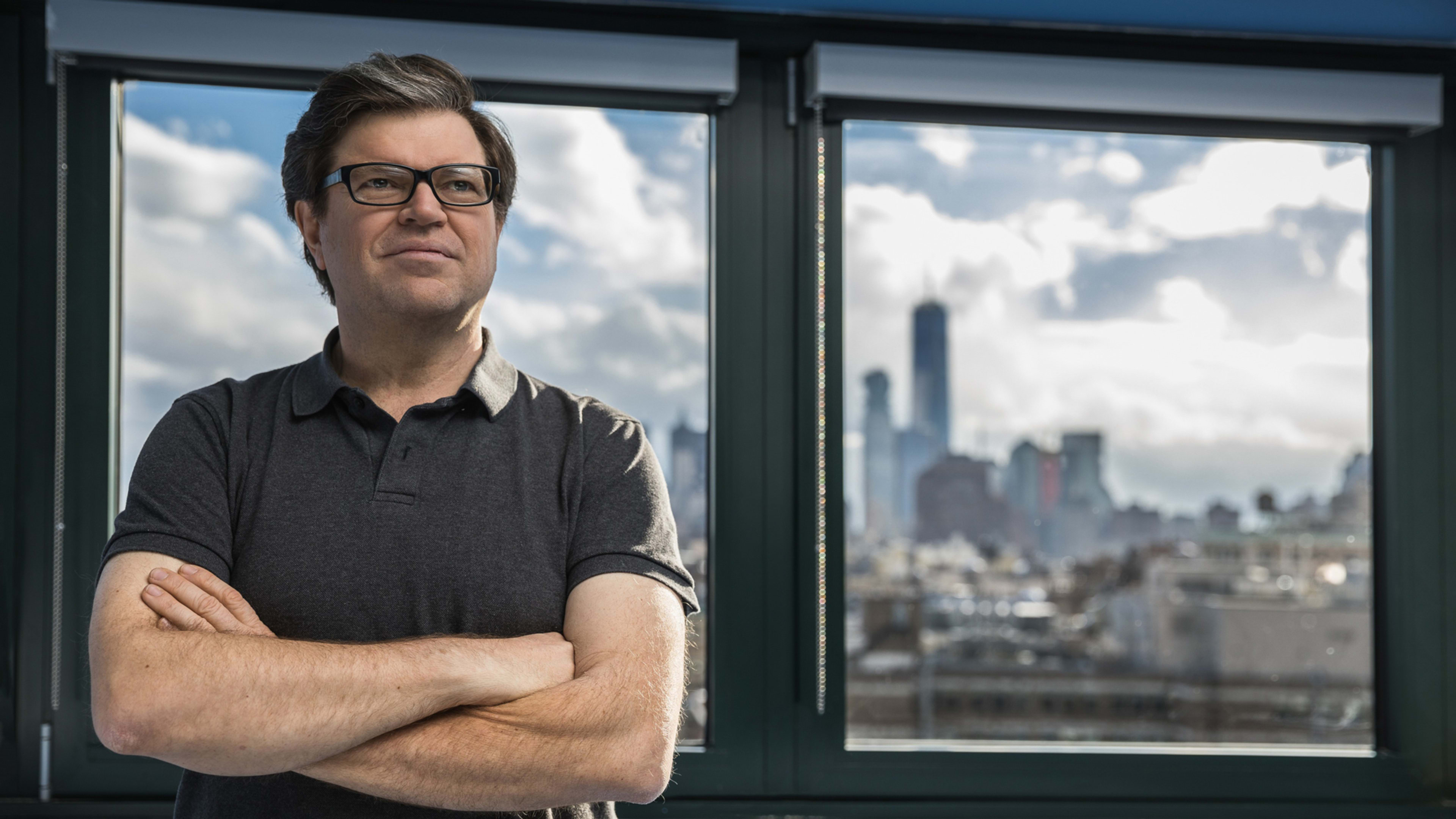Facebook today announced that it’s opening a new artificial intelligence lab in London and adding expertise in robotics among other research areas there and at existing research centers in Paris, New York, Pittsburgh, Seattle, Silicon Valley, and Tel Aviv.
In doing so, Facebook chief AI scientist Yann Lecun reiterated the company’s commitment to what it calls a dual-affiliation model that permits researchers to come on, or stay on board, while also maintaining an appointment at a university. Without saying so, that philosophical statement is clearly a direct response to a May article in the New York Times that accused Facebook of damaging academia by bringing aboard new university researchers.
At the time, Lecun—who himself has dual affiliations with Facebook and New York University—wrote a blog post that it’s a common practice for the company’s researchers to stay involved with universities. “All of us teach classes, advise graduate students and postdoctoral researchers, and participate in the life of our academic departments,” Lecun wrote in his May post. “Our time is split 80/20, 50/50 or 20/80. Additionally, full-time FAIR researchers have affiliations with universities that allow them to advise PhD students….Those of us who come from academia continue to educate the next generation of researchers and engineers.”
Clearly, though, Facebook didn’t feel Lecun’s comments in May delivered the message, as it today restated much of the same news and philosophy about dual affiliations, including the hirings of several of the same researchers in Pittsburgh, Seattle. With today’s announcement also came news of new hirings in London and Menlo Park.
“We created Facebook AI Research (FAIR) over four years ago to focus on advancing the science and technology of AI, and we’ve always done this by collaborating with local academic communities,” Lecun wrote in a blog post today. “FAIR relies on open partnerships to help drive AI forward, where researchers have the freedom to control their own agenda.”
While part of that agenda involves breaking new scientific ground, much of it is fundamental science and rarely involves either the researcher’s university or Facebook filing patents. When a patent has made sense, the company says it hasn’t had problems working out the details with universities, often striking what it calls umbrella IP agreements written to make that process easier. That process also seems to go hand-in-hand with Facebook’s general attitude towards research openness–sharing its AI research, and allowing its scientists to publish their work.
During a press briefing about today’s announcement, Lecun noted that one of the reasons Facebook encourages the dual-affiliation model is that the company often specifically chooses not to demand researchers give it 100% of their time so that they can continue to help train the next generation of researchers. That statement seems specifically geared towards refuting the Times‘ contention in its May article that the high salaries that Facebook offers were damaging academia’s future.
Recognize your brand’s excellence by applying to this year’s Brands That Matter Awards before the early-rate deadline, May 3.
